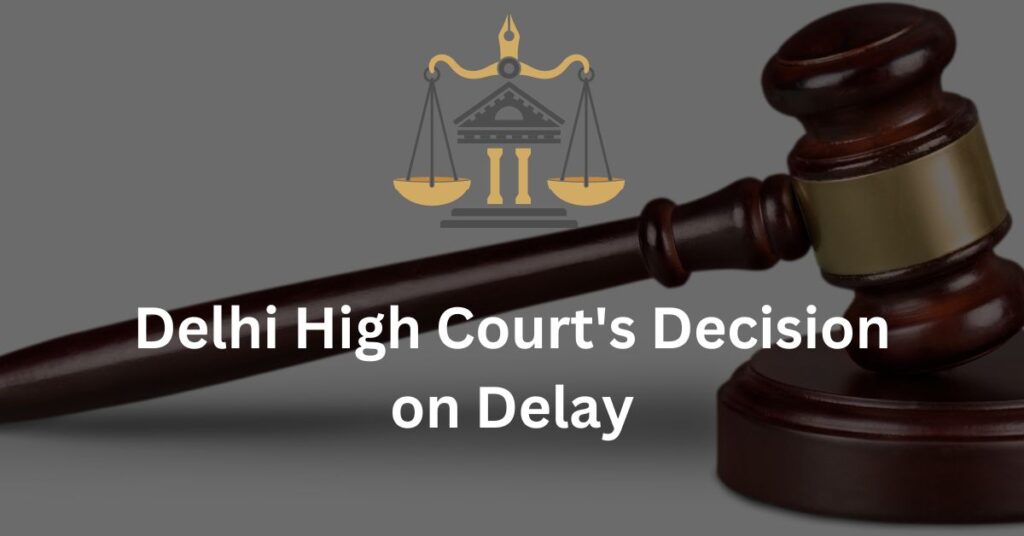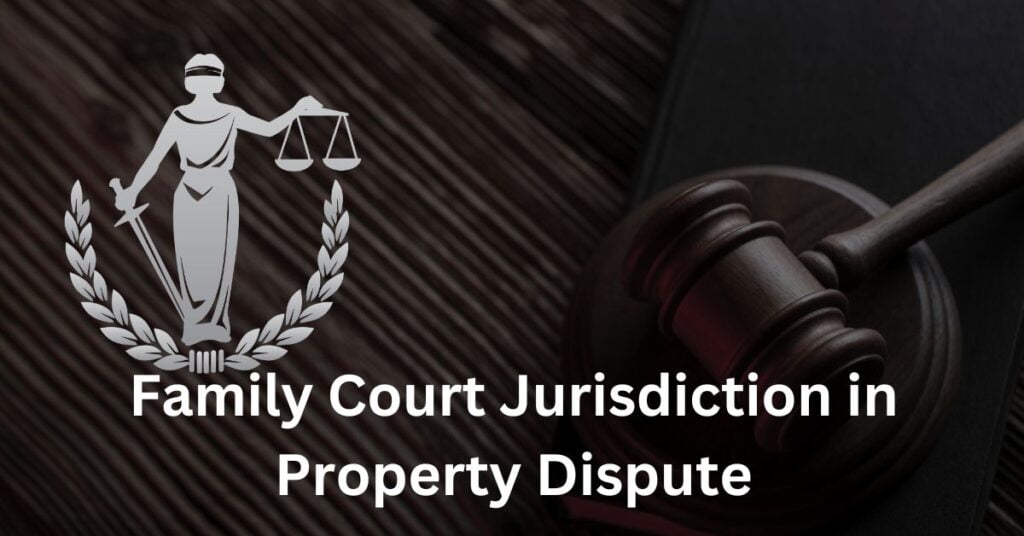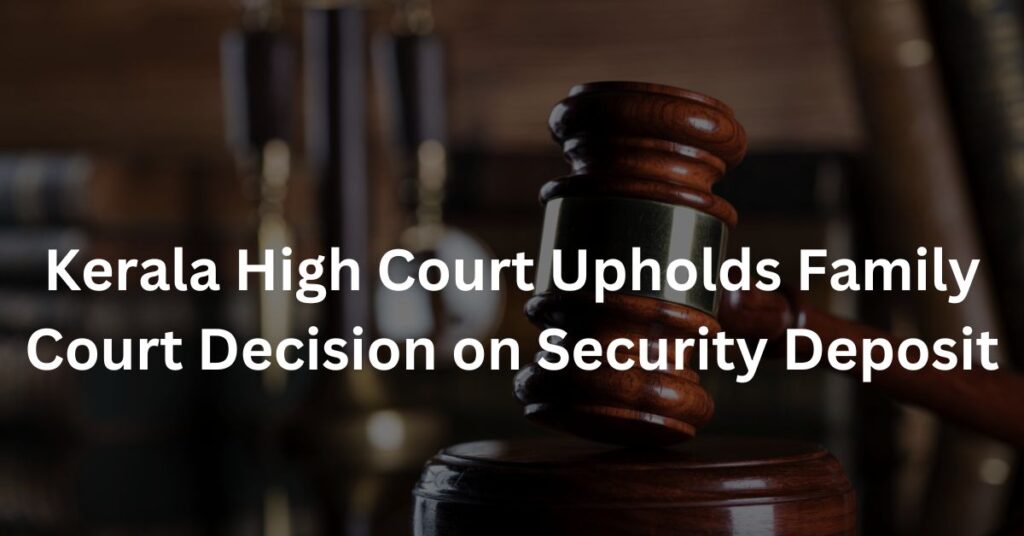Appellate Court Grants Appellant Another Opportunity to Present Evidence
Background of the Case
In a recent judgment from the High Court of Delhi, dated May 31, 2024, an appellant, who had filed an appeal against a decision made by the Principal Judge of the Family Court, South-East, Saket Courts, Delhi, was granted another chance to present evidence. This decision was made by the bench consisting of Hon’ble Mr. Justice Rajiv Shakdher and Hon’ble Mr. Justice Amit Bansal.
Initial Grievance and Appeal
The appellant had originally approached the Family Court with a grievance that his right to lead evidence was unjustly closed. He expressed willingness to pay the costs imposed by the Family Court, which amounted to Rs.2,500. The Family Court had directed the appellant to submit an affidavit of evidence within 15 days, and although the appellant complied, the payment could not be made due to the unavailability of the respondent’s bank details.
Court’s Decision
On May 30, 2024, the High Court heard the appellant’s counsel and noted the appellant’s grievance. The Court issued a notice to the respondent, who did not appear in court despite being served through various modes, including email and WhatsApp. This lack of response led the court to infer that the respondent might either be disinterested in opposing the appeal or attempting to delay the proceedings.
Key Rulings
The High Court, considering the circumstances, decided to:
- Set aside the Family Court’s judgment and order dated May 15, 2024.
- Allow the appellant another opportunity to present and tender evidence.
- Direct the appellant to pay the costs of Rs.2,500 to the respondent on the next hearing date before the Family Court.
- Ensure the appellant’s physical presence at the next hearing.
- Instruct the Family Court to proceed with the next steps in the matter, including cross-examination if time permits.
The High Court’s decision underscores the importance of fair trial procedures and the opportunity for litigants to present their evidence adequately. The court’s intervention ensures that procedural technicalities do not impede substantive justice.



